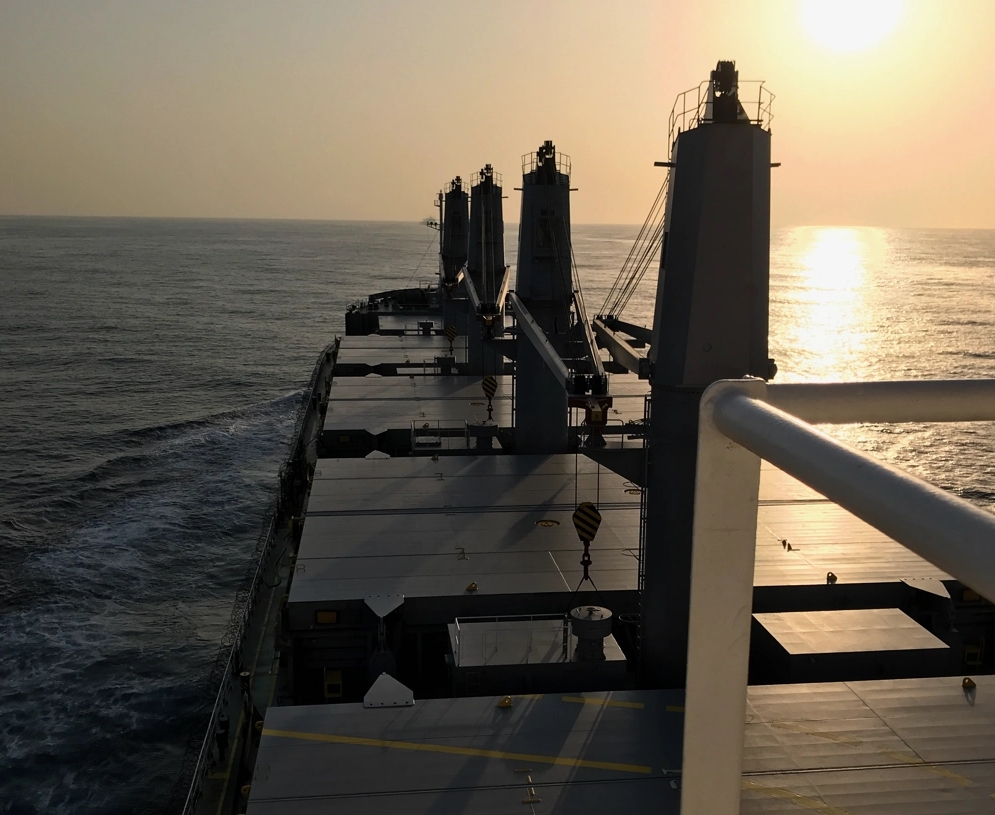Collaboration involves evaluation of the fleet characteristics, operational profile, and environmental impact of COFCO International’s chartered fleet.
Lloyd’s Register (LR) and COFCO International, a global agri-business, are partnering on the development of a strategy to decarbonise the company’s freight operations with a focus on emissions reduction technologies.

The initial phase of the partnership will involve a comprehensive assessment of COFCO International’s chartered mid and long-period fleet of around 50 vessels. Overall, COFCO International operates over 200 ships daily from its offices in Geneva, Singapore, Beijing and Istanbul.
As part of the project, LR will evaluate the fleet characteristics, operational profile, and environmental impact of COFCO International’s ships and the effectiveness of existing emissions reductions technologies already installed on its fleet, providing the company with insights into new and alternative existing technologies, voyage optimisation tools, as well as their potential impact on COFCO International's emission profile. The objective is to identify feasible strategies for the company to reduce its carbon footprint and contribute towards a more sustainable future for global freight transportation.
The assessment and analysis phase will be the first step in what is expected to be a long-term collaboration aimed at transforming the maritime industry’s approach to sustainability.
Last week, COFCO International announced that it had received approval from SBTi for its science-based emissions reduction targets, which include emissions from maritime freight activities.
Alberto Perez, Global Head, Maritime Commercial Markets Lloyd’s Register said: “Lloyd’s Register is proud to collaborate with COFCO on this strategic initiative. The partnership represents a crucial step in our collective efforts to address the urgent challenge of decarbonisation and by leveraging our expertise and resources, we can make significant strides towards the maritime freight sector’s energy transition.”